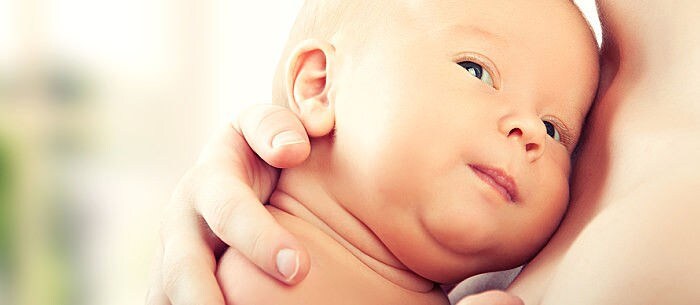You work hard to feed your baby, but it’s often hard to know if they are getting enough to drink. Without enough fluid, an infant can’t function properly. The signs of dehydration in babies can appear quickly and may be caused by a bout of sickness or because your baby refuses to eat (perhaps because of a sore mouth or aching gums due to teething).
Children can spiral downhill rapidly when they are ill, so by the time you notice any of the signs, your child may already be very dehydrated.
Here’s what you need to know to keep your baby healthy.
What Causes Dehydration In Babies?
A baby’s body is small and can’t retain a large store of fluids. That’s why frequent feedings are critical to keep your infant well-hydrated and satisfied. Bundling up your baby in too many clothes, overheating your baby’s room or coping with fever, diarrhoea and/or vomiting can also result in dehydration in babies.
Follow the Feeding Schedule
Review these general guidelines for baby fluid intake, but don’t worry if your baby eats a little more or less at each stage:
| Age | Fluid Intake | Frequency |
|---|---|---|
| 0-1 month | 2 to 4 ounces | 6 to 8 times a day |
| 1-2 months | 3 to 5 ounces | 5 to 7 times a day |
| 2-3 months | 4 to 7 ounces | 4 to 6 times a day |
| 3-4 months | 5 to 8 ounces | 4 to 6 times a day |
| 4-6 months | 6 to 8 ounces | 4 to 6 times a day |
| 6-8 months | 6 to 8 ounces | 3 to 5 times a day |
| 8-12 months | 6 to 8 ounces | 3 to 4 times a day |
Signs of Dehydration in Infants
Obviously, if your baby nurses from the breast instead of using bottles, it’s hard to tell how much they are getting, so keep an eye on their nappies. Be on the lookout for a decrease in the number of wet nappies your baby produces. They shouldn’t go longer than six hours without a wet one — at least six in a 24-hour period is a good sign your baby is getting enough fluids. Other signs include urine that smells strong and appears darker than the usual light yellow colour, lethargy, decreased saliva (dry mouth, lips), no tears when crying, unusual irritability, sunken eyes and a sunken fontanel, the soft spot on your baby’s head where the bones haven’t yet fused together. If your feverish and formerly irritable baby is now quiet, limp and docile, they are probably dehydrated.
Call the Doctor
Contact your paediatrician immediately if you notice the above signs of dehydration in babies or if you’re concerned about dehydration, especially if your child is under 2 years of age. A more severe case of dehydration may require intravenous fluids.
If your baby needs re-hydrating, your paediatrician will guide you. In mild cases, re-hydration can occur at home using an oral solution, in small, frequent doses. The amount to give will vary based on your baby’s weight and degree of dehydration. These solutions work better than plain water because they contain important electrolytes (glucose, sodium, chloride and potassium) that help to properly balance the levels in your baby’s body. Do not give plain water, which lacks the crucial electrolytes, to your baby.
Be proactive and call your paediatrician if you have any questions or concerns.
* This article is for general informational purposes only. It is not intended nor implied to be providing medical advice and is not a substitute for such advice. The reader should always consult a health care provider concerning any medical condition or treatment plan. Neither Care.com nor the author assumes any responsibility or liability with respect to use of any information contained herein.
